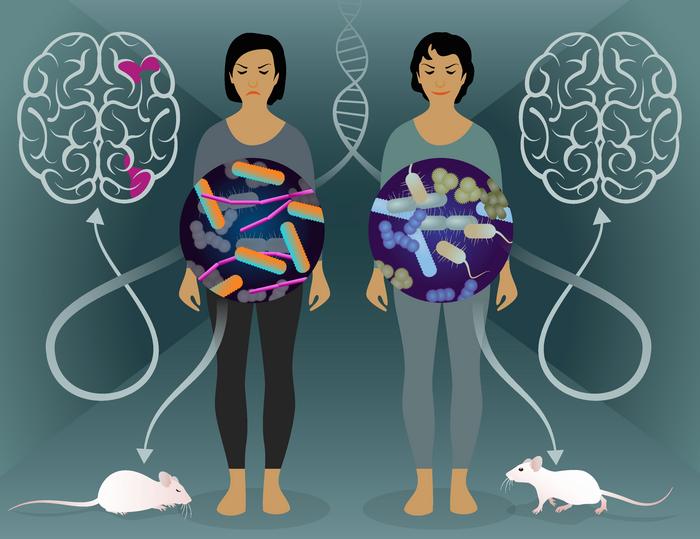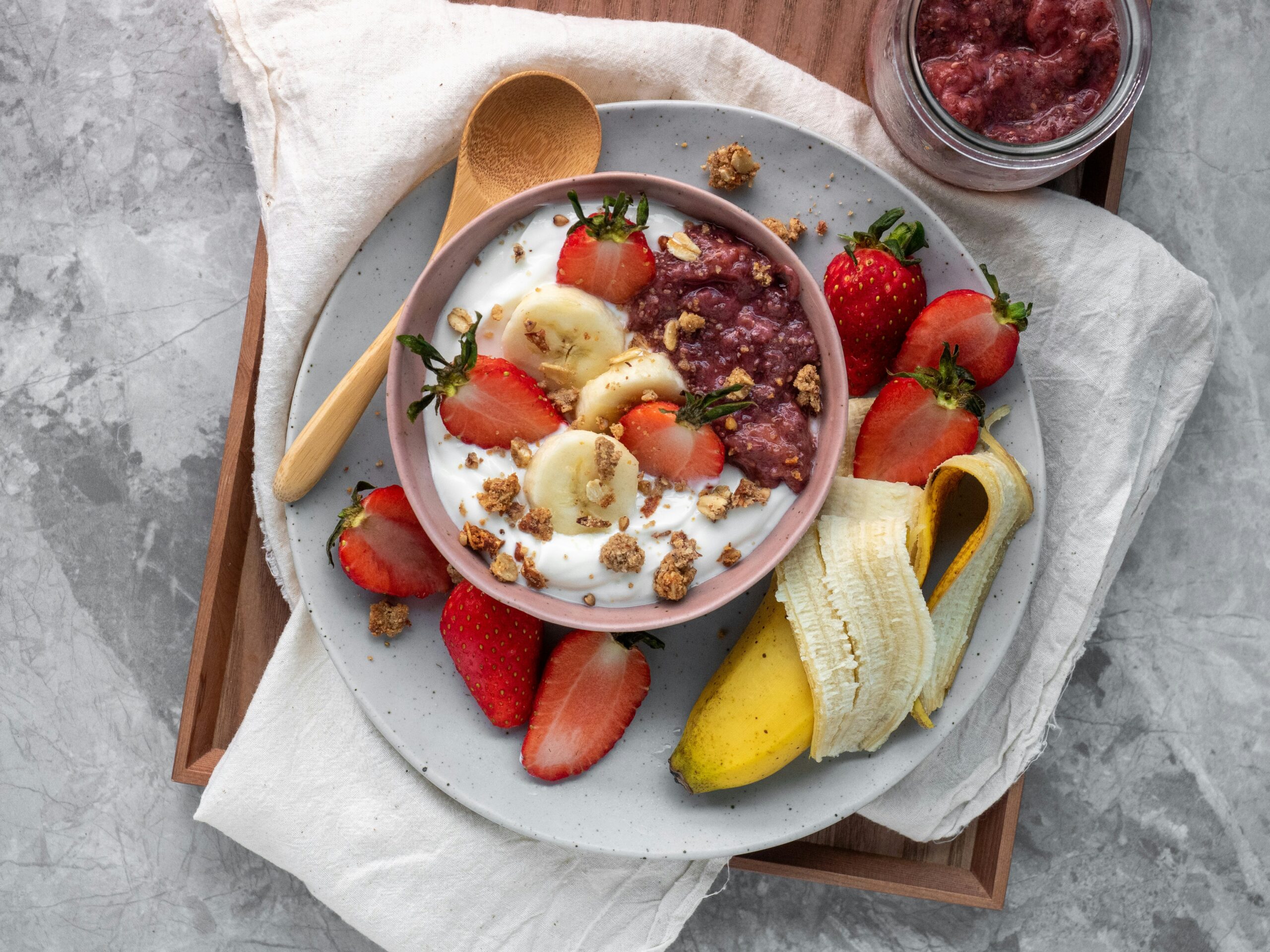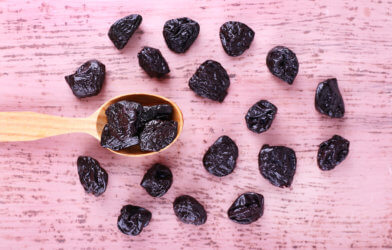Kombucha is a fermented tea made of bacteria and yeast culture. Originally from China, it’s been a traditional drink in Asia for thousands of years. By the early 20th century, it began to spread to Russia and other Eastern European nations, and it wasn’t long before it started to be brewed globally and become a popular health drink in the United States.
In Asia, kombucha still extremely widespread and often referred to as the “elixir of immortality,” but why? In a simple answer, kombucha can help ensure a healthy gut with a diverse microbiome — which are keys to a longer and healthier life.
How can a drink be so influential on the body? Here’s a look at three important ways kombucha benefits the gut and overall health:
- Diverse Probiotics and Enzymes
In the United States, the huge influx of people looking to make kombucha part of their diets in recent years is due to the probiotics and supportive enzymes that make it optimal for digestion. Kombucha is filled with tons of varying microorganism colonies, and because there’s so many different flavors and means of preparation, it’s hard to tell exactly what each drink will be composed of. This isn’t a bad thing though, because with more diversity comes more potential to build a stronger gut microbiome.
The bacteria produced during the fermentation process has been shown to strengthen intestinal flora, which does wonders for nutrient absorption during digestion. Some research has even suggested that the tea can prevent painful stomach ulcers.
2. Rich in Antioxidants
Kombucha has many powerful antioxidants, especially when it’s made with a green tea base. Green tea is one of the healthiest drinks on the planet, making it great for the liver. Antioxidants fight off free radicals, essentially meaning that they act to prevent cell damage and oxidative stress on the body. Research has continued to support the protective effects of kombucha on the liver, demonstrating that it could be a smart addition to the diet for this reason.
3. Strong Antibacterial Properties
Another benefit of kombucha being composed of mainly tea is that it’s filled with polyphenols. These are compounds found naturally in fruits, vegetables, teas, herbs, and spices. They are highly concentrated in black and green tea, so kombucha made out of either of these have powerful antibacterial and antimicrobial properties, particularly having protective effects against Candida albicans, the bacteria most responsible for yeast infections. Interestingly, the drink only suppresses the growth of unhealthy bacteria, leaving healthy bacteria to flourish in the gut lining and adding more of it to the body.
Kombucha: The Bottom Line
Many people and cultures outside of Western nations still have kombucha on the highest pedestal possible, believing that it has the ability to treat almost any chronic condition. Much of current research has been conducted using mice, but many within the field find that methods can be transferrable to humans and largely agree that results will continue to be just as promising.
Further, while there isn’t much human research on kombucha itself, there is ample showing the health benefits of tea and probiotics, which the drink is incredibly rich in. Brewing kombucha on your own at home is also tied to various health risks due to the potential for toxins in the beverage. As always, be sure to talk to your doctor or dietitian before deciding to pick some up on you next trip to the grocery store.












